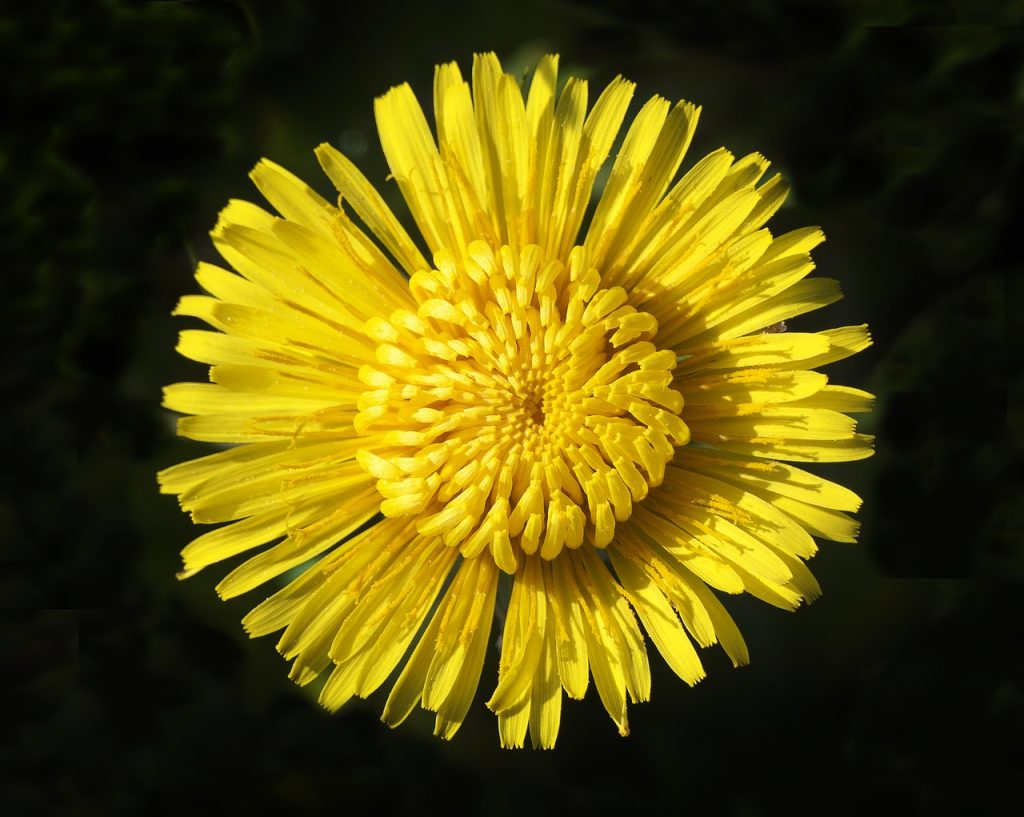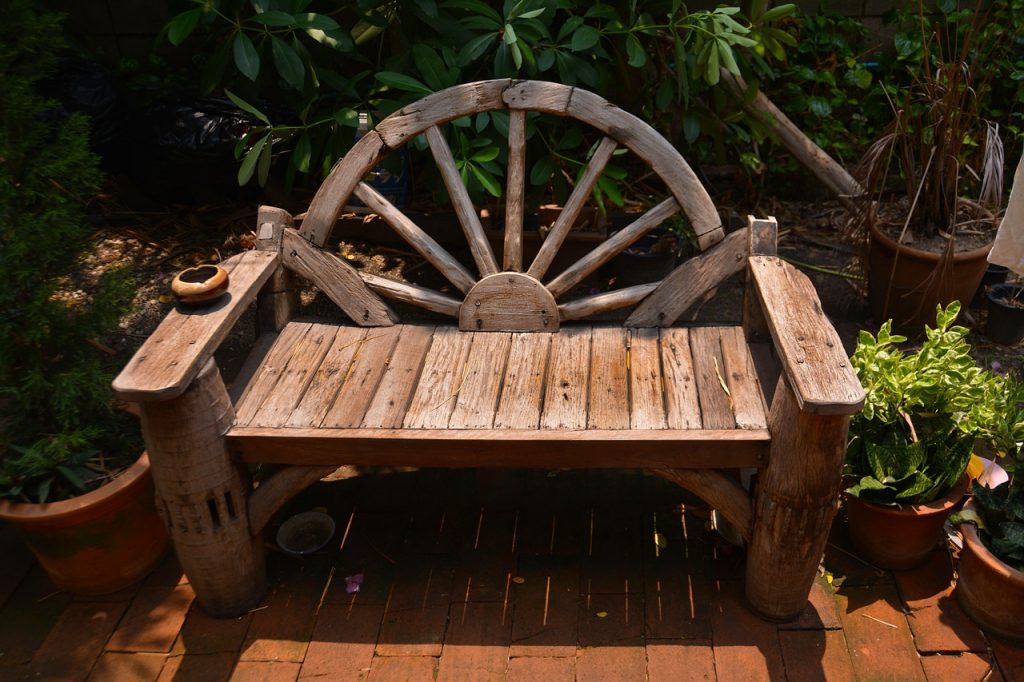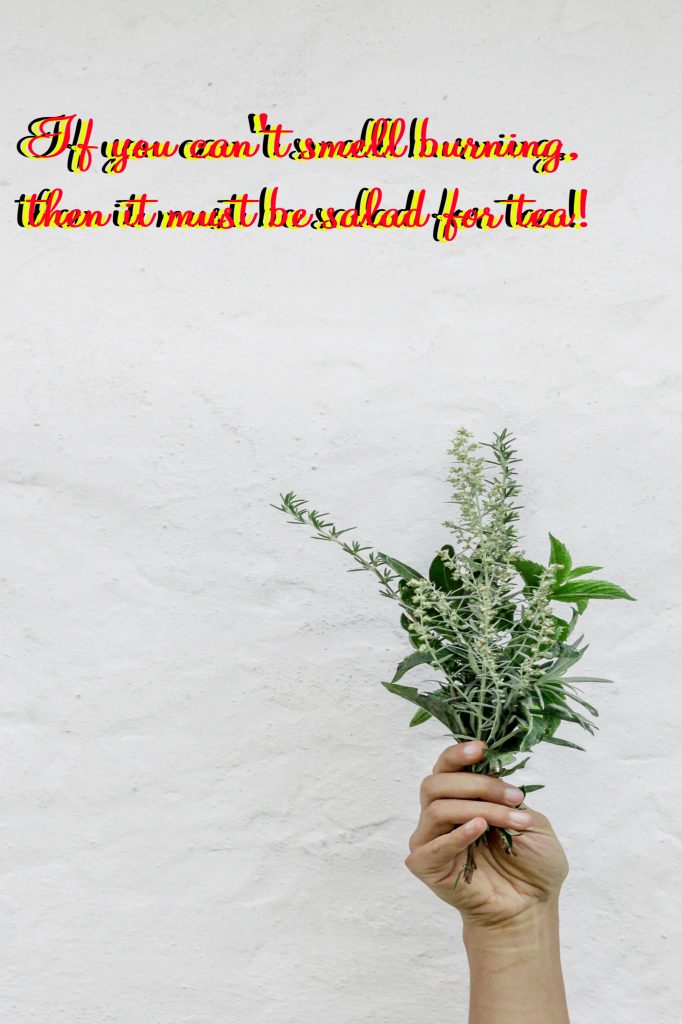 There are a lot of great reasons to start or maintain a garden: fresh air; sunlight; and exposure to nature are great for your health. If you’re interested in gardening but you could use a few tips to make your gardening experience easier and more pleasant, read on!
There are a lot of great reasons to start or maintain a garden: fresh air; sunlight; and exposure to nature are great for your health. If you’re interested in gardening but you could use a few tips to make your gardening experience easier and more pleasant, read on!
Be realistic about the types of plants you can grow in your garden. If a particular plant has failed you in the past, don’t try it again. You need the right kind of gardening energy for some kinds of plants, like orchids and many vegetables. If you don’t have it, no amount of effort will make those plants a success. Choosing realistically will save you a lot of time and energy. When choosing plants for your garden, pick plants that are native to your geographic region. Plants native to your region will naturally do well in your garden because they are already adjusted to your climate. When you plant native plants, you will not be surprised by any unexpected results when your plants mature. Daisies and buttercups are extremely hardy native plants.
 Keep interested in gardening by trying something new each year. While tried and true favorites will always be a part of the garden, reserve a part for something new and exciting to keep interest. Keep in mind that some trial and error will be required, so look at your nearest garden store for new shades and styles of sun lounge or deck chair, for enjoying your time outside.
Keep interested in gardening by trying something new each year. While tried and true favorites will always be a part of the garden, reserve a part for something new and exciting to keep interest. Keep in mind that some trial and error will be required, so look at your nearest garden store for new shades and styles of sun lounge or deck chair, for enjoying your time outside.
A great trick for organic gardeners and a neat way to reuse plastic milk jugs are to use them as a form of self irrigation for your garden. All you need to do is poke little holes into the bottom of plastic milk containers, bury the jugs next to your plants and make sure to leave an opening. Fill the jugs allowing the water to seep slowly into the ground.
Use an old golf bag to carry your tools such as spades and rakes around your garden. You will save a lot of time and effort and you will build the right muscles for your next time on the golf course. The bag will keep them all together, so no more lost tools either. Many golf bags even have a stand, in this case you won’t have to worry about it tipping over and causing an accident.
Small pebbles and stones make excellent plant markers. To keep track of your plants while simultaneously adding a touch of natural beauty to your garden, collect some pebbles and stones. Find stones with a fairly smooth surface, and use a permanent marker or a little paint to place your plant names on them. This is a much prettier and more natural solution than the traditional plastic tags that clutter up most gardens. Most people will recognise dandelions but if you have some less common weeds / naturalised plants, a name stone provides a conversation piece.
To give your plants great nutrition without spending a lot of money, use leaves! Leaves are one of the best plant foods available. If you have any lettuce wilting in your fridge, shred it over your plants to enrich the soil.
Recycled newspaper can be used in the garden. Newspapers are an eco-friendly addition to your garden that can keep weeds at bay and help your soil retain important moisture. Simply wet some newspaper, and place it around the bases of your garden plants. Sprinkle with soil to ensure the paper does not blow away. It will smother any weed seedlings trying to emerge and help the soil hold onto its moisture. If you get bored, you can always read the sheets if it hasn’t rained too hard.
If your home just has a small patio, you can still have a garden by growing plants in containers. Container gardening can give you the option to grow all kinds of flowers, plants, and even vegetables and if they fail, they are easy to get rid of without leaving a tell tale space in the garden!
Rotate your crops to prevent permanent populations of pests in your garden. As with any ecosystem, pests need a certain amount of time to nest and build up a proper population within a garden. These pests are specially suited for one environment and one food source. So move your containers around regularly, it will give you a fresh outlook on your garden also.
Now are you ready to get started? Use these tips to boost your gardening skills. Enjoy the fresh air, sunlight, and being outdoors! Hopefully, you will have a great experience that you will want to repeat year after year! Share with family and friends! They will love it!
 I am getting fed up of thinking of meals to eat and then cooking and serving them. Adding boiling water to a plastic tub of flavored noodles is a lot easier but I am running out of flavors for a truly balanced diet.
I am getting fed up of thinking of meals to eat and then cooking and serving them. Adding boiling water to a plastic tub of flavored noodles is a lot easier but I am running out of flavors for a truly balanced diet. There are a lot of great reasons to start or maintain a garden: fresh air; sunlight; and exposure to nature are great for your health. If you’re interested in gardening but you could use a few tips to make your gardening experience easier and more pleasant, read on!
There are a lot of great reasons to start or maintain a garden: fresh air; sunlight; and exposure to nature are great for your health. If you’re interested in gardening but you could use a few tips to make your gardening experience easier and more pleasant, read on! Keep interested in gardening by trying something new each year. While tried and true favorites will always be a part of the garden, reserve a part for something new and exciting to keep interest. Keep in mind that some trial and error will be required, so look at your nearest garden store for new shades and styles of sun lounge or deck chair, for enjoying your time outside.
Keep interested in gardening by trying something new each year. While tried and true favorites will always be a part of the garden, reserve a part for something new and exciting to keep interest. Keep in mind that some trial and error will be required, so look at your nearest garden store for new shades and styles of sun lounge or deck chair, for enjoying your time outside. Although any delicious meal can stand alone, a good connoisseur knows how to create a celebration at the table with the right wine. Learning the process can be a little exhaustive, but the following article will help speed things up for you. Put these tips to good use for your next meal.
Although any delicious meal can stand alone, a good connoisseur knows how to create a celebration at the table with the right wine. Learning the process can be a little exhaustive, but the following article will help speed things up for you. Put these tips to good use for your next meal.